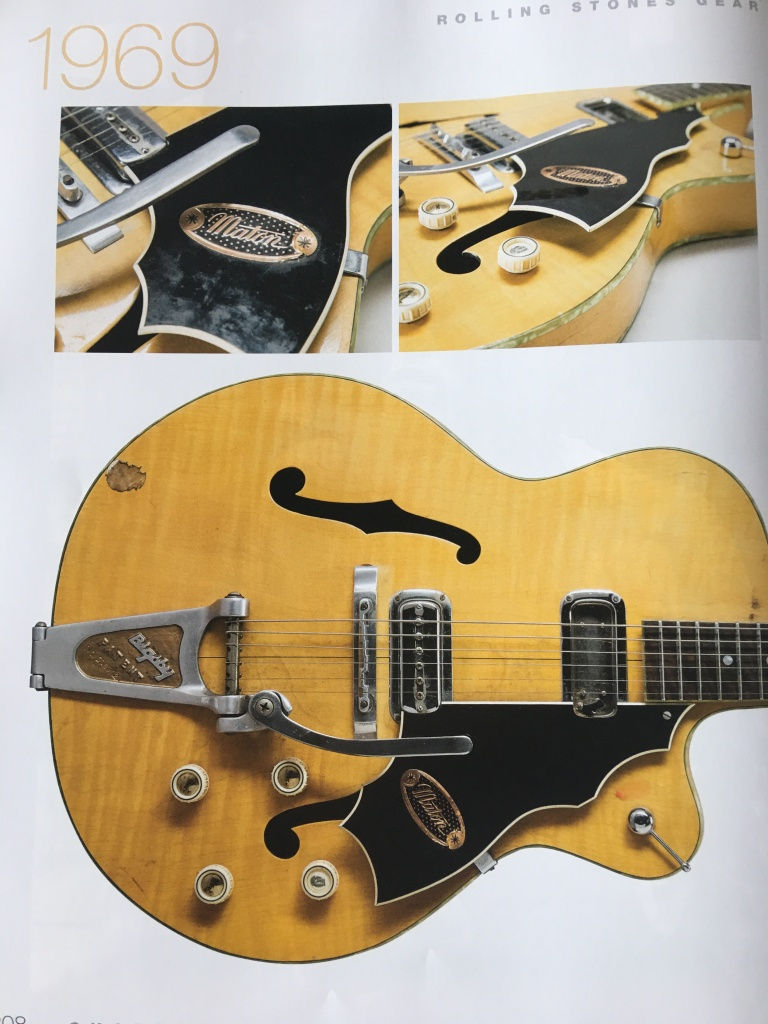The Japanese Concept of 'Ma' and Silence in Music
- jeremy james

- Aug 5, 2021
- 2 min read
In 'Absolutely on Music' maestro Seiji Ozawa spoke of 'Ma'.
Writer Haruki Murakami and Ozawa were discussing the second movement of Beethoven's 3rd Piano Concerto while listening to the actual recording of Bernstein conducting the Columbia Symphony orchestra with soloist Glenn Gould from 1959.
I've linked the youtube performance under the text (skip ahead to 5:40 to match the conversation):
Gould ends a phrase, takes a brief pause, and moves on to the next phrase (5:40) OZAWA: Now that - where he took that pause - that's absolutely Glenn at his freest. It's the hallmark of his style, those perfectly timed empty spaces. The Piano and orchestra intertwine beautifully for a while. OZAWA: Now we're completely in Glen Gould's world. He's totally in charge now. In Japan we talk about 'ma' in Asian music - the importance of those pauses or empty spaces - but it's there in Western music, too. You get a musician like Glenn Gould, and he's doing exactly the same thing. Not everybody can do it - certainly no ordinary musician. But somebody like him does it all the time. Murakami: Ordinary musicians don't do it? OZAWA: No, never. Or if they do the spaces don't fit in as naturally as this. -Absolutely on Music - Murakami & Ozawa
'Ma' seems a slightly different concept to rest or space in music - being more of an active silence - requiring the listener or performer to give the silence meaning:
Ma is not something that is created by compositional elements; it takes place in the imagination of the human who experiences these elements. -Wikipedia
The violinist Isaac Stern described something similar:
An emptiness full of possibilities, like a promise yet to be fulfilled. The silence between the notes which make the music. -Isaac Stern
I see music in terms of tension between opposites so I have been thinking on this refined concept of 'ma' since finishing the book. It's all pretty subtle I guess, trying to think about silence in a slightly different way, but it is interesting.
Rock music struggles to accommodate this idea most of the time, but I've always been attracted to bands where the guitarists play 'space' well — players like Keith Richards, B.B King and Pete Townshend never had much finger speed but instead had timing, musicality and 'sympathy' for the song.
This is the reason why I never went with other guitarist friends into the world of Joe Satriani, Steve Vai and Yngwie Malmsteen. I found the blur of notes all too busy and soulless and I think this 'ma' thing might have had something to do with it.
Everyone will have their own examples of this — it's subjective after all but one track that came to mind when thinking of examples outside of Classical was 'Brother in arms'. Mark Knopfler is an incredible player with a beautiful touch. He always had impeccable timing and he's one of a small number of guitarists who tend to underplay.
Have a listen to the his dynamic playing here — some of the notes are barely audible, silent even. Guitar playing at its absolute best, I think:









Comments